 |
|
||||||
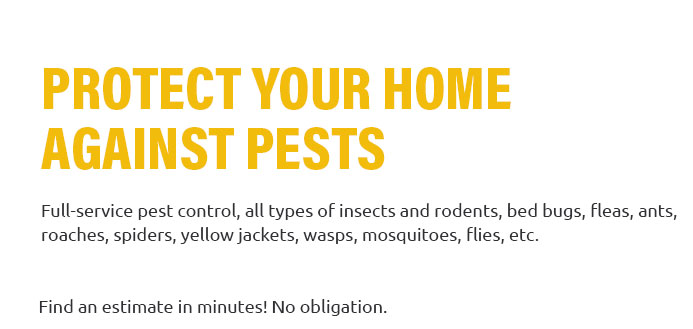 |
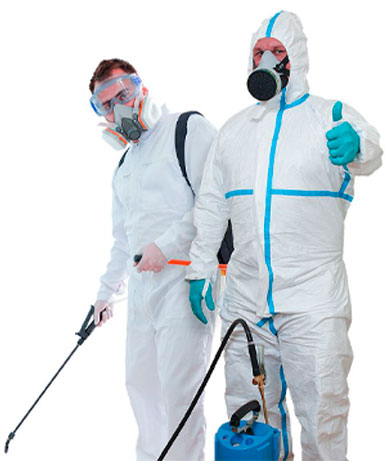 |
 |
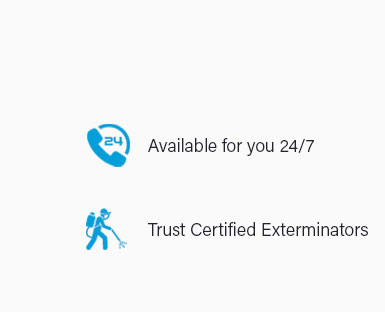 |
 |
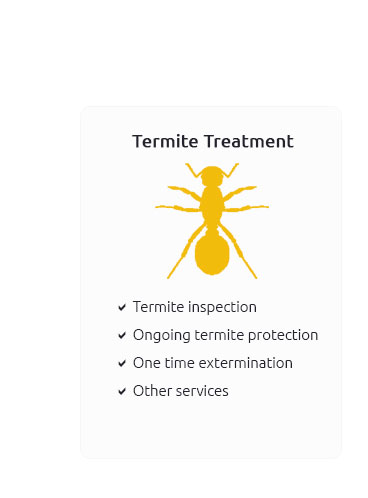 |
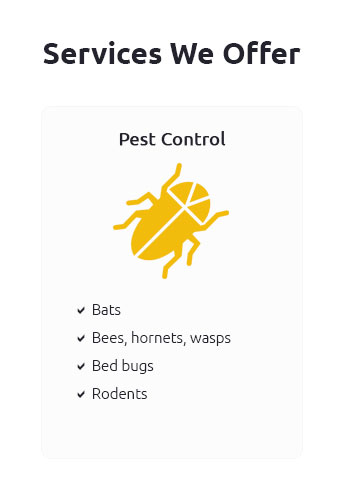 |
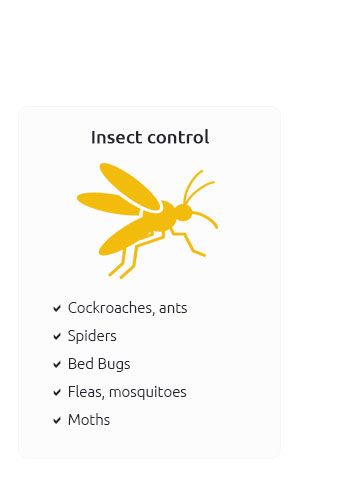 |
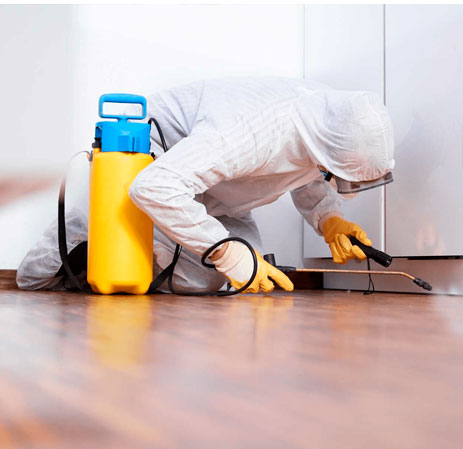 |
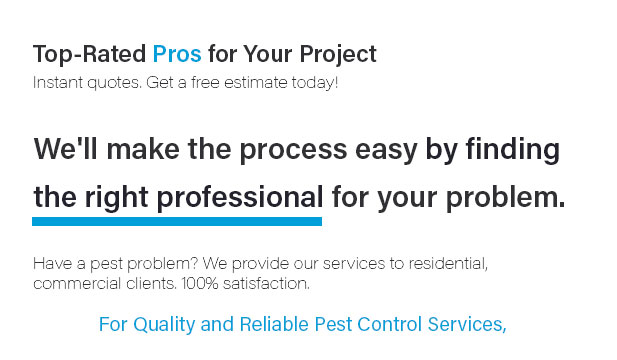 |
 |
 |
 |
|
Say goodbye to uninvited guests with our cutting-edge home pest control solutions, where innovation meets reliability, and your peace of mind is our priority-experience the ultimate defense against pests as we transform your living space into a sanctuary, using eco-friendly methods that are as effective as they are safe, because your home deserves nothing less than the best, and we won't rest until every critter is gone for good-welcome to a new era of pest control, where excellence is not just a promise, it's a guarantee.
https://www.amazon.com/Harris-Home-Control-2-Gallon-Concentrate/dp/B009YNVLZW
Amazon.com: HARRIS Home Pest Control, 2-Gallon Concentrate - Kills Roaches, Ants, Stink Bugs, Fleas, Ticks, Gnats, Mosquitos, Wasps and More : Patio, ... https://diypestcontrol.com/pest-control-products
Discover a wide range of top-quality pest control products at DIY Pest Control. From pest products and pest control supplies to home pest control solutions, we ... https://www.homedepot.com/b/Outdoors-Garden-Center-Pest-Control/N-5yc1vZbx4w
Ortho Home Defense Insect Killer for Indoor and Perimeter2 kills common household bugs such as ants, bees, beetles, centipedes, cockroaches, crickets, fleas, ...
|



